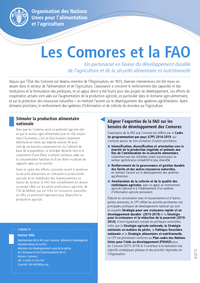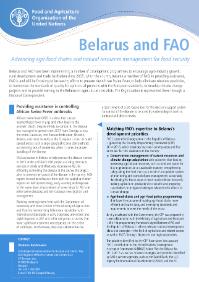Experience and results of agrarian reforms in China and Russia
Detailed comparative analysis of basic lines of agrarian transformations in China and Russia has been done, its results have been analysed. Not only conceptual differences of the agrarian policy in those countries are demonstrated, but also consequences of concrete political decisions for the development of the branch. The differences are stipulated mainly by two groups of factors. The first of them is the opposite approaches to transforming land relations and the entire system of agrarian relations.





